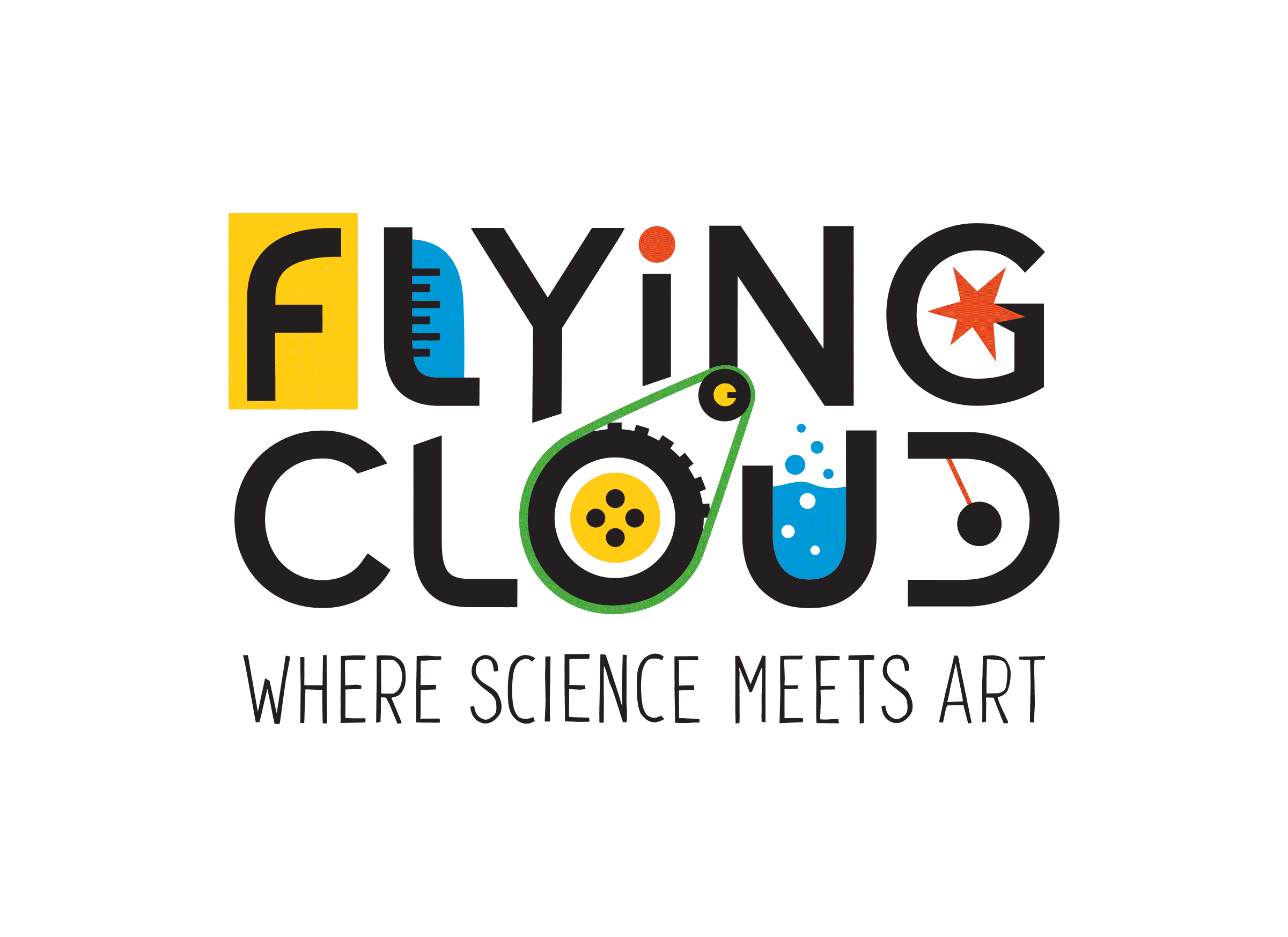Professional Development
Helping Where There is a Need
Flying Cloud Institute offers half and full day professional development workshops to help teachers develop understanding and expand teaching skills in STEM (Science, Technology, Engineering, and Math) subjects. Workshop content is flexible and wide ranging – covering MA state curriculum standards. Workshops integrate core subject areas and make connections to the local environment and/or the arts.
Science Standards and Practices: Integrating Math and ELA
2018
During this weeklong course you will work with sciecne educators from around the county to create and pilot K-8 lessons that use the science practices, integrate math and ELA, and engage your students. Thanks to a DESE grant, participants can recieve a stipend or MCL A granduate credits. Using creative investigations, tinkering, science notebooks, modeling, and data analysis, you will gain confidence with the new MA standards and how to integrate STE practices as well as Math and ELA.
Thinkers and Tinkerers: Using Biomimicry to Teach Engineering and Life Science Standards
July 8 – 12, June 15 2019 introductory session
As part of the Wade Institute for Science Education, we are leading an exciting one-week course for 3rd-8th grade educators in the Berkshires. Teachers will have an activity filled week with several Berkshire partners including Flying Cloud Institute, MassMoca, The Chamberlain Group, Sabic Manufacturing, Miss Hall’s School, Mass Audubon’s Pleasant Valley Sanctuary and Nature Matters.
Going Green with your Students: The Science and Engineering Behind Clean Energy
2018
MITS and FCI present an intensive week of PD in the Berkshires. Find energy, climate change, and sustainable solutions in the MA STE Standards and in your backyard. Work collaboratively to develop exciting lessons to share with your students as you learn about alternative energy.
Creating Formative Assessments for your Science Classroom
2018
This three session weekend course will introduce formative and summative assessments and help you learn how to use them to better understand student learning and give students effective feedback. You’ll evaluate your current use of assessments, set goals, and practice new approaches using real student work samples.

